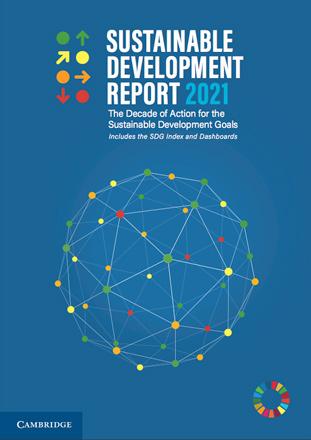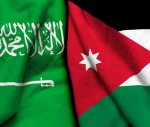You are here
Jordan comes in third among Arab peers on gender equality — study
By Elizabeth Turnbull - Jul 15,2019 - Last updated at Jul 15,2019
AMMAN — In terms of overall gender equality, Jordan ranks 85th out of 129 countries on the 2019 Sustainable Development Goals (SDG) Gender Index rankings, with a score of 60.4 per cent.
In Jordan, equal pay for equal work is not required by law, the 2019 SDG Gender Index said. The index was developed by Equal Measures 2030, an independent civil society and private sector-led partnership.
“Enabling Jordanian women to become more involved in public and economic life, will lead the Jordanian economy to take concrete steps forward, that are idle and required to be launched,” Director of the Phenix Centre for Economic Studies Ahmad Awad, told The Jordan Times on Sunday.
Despite often being better educated and more academically successful than their male peers, limited participation of women in the Jordanian market is currently a major issue for the country’s economy, according to the centre’s "Economic Participation of Woman in Jordan" report.
Despite policies and programmes, women remain underrepresented in the labour market as a whole, as well as in certain key sectors, according to the report.
The wage gap in Jordan is also an issue, with men earning on average JD70 a month more than women in 2015. Such a disparity is attributed, in part, to the limited options Jordanian women have when choosing a career path, according to the report.
“Wage rates need to be substantially increased, so women will find that the entry to the labour market is economically feasible,” Awad said.
While Jordan is the third highest-ranked Arab country on the SDG index, behind Algeria in 65th place and Tunisia in 67th place, no country in the MENA region comes within 23 points of full gender equality, according to the report.
The MENA region ranks fourth among the five regions referenced by the index, according to the report.
Directly behind Jordan is Lebanon in 86th place, Egypt in 87th place, Morocco in 88th place, Saudi Arabia in 92nd place, Iraq in 103rd and Yemen coming close to the lowest ranking globally at 126th place, according to the index.
In relation to goal-by-goal average scores, the region outperforms the global average on health, water and sanitation and energy, but falls considerably behind global averages in terms of work and economic growth, gender equality, peace and institutions, as well as industry, infrastructure and innovation, according to the report.
In addition, the region has the lowest scores across both indicators related to women in government, according to the report.
The MENA region also scored lowest in regards to laws mandating gender equality in the workplace and the extent to which women can use, control and own land, according to the report.
Due to restricted mobility in public spaces, less emphasis on physical education for girls and trends of high-caloric consumption, women experience obesity at nearly double the rates of men in some countries in the region and obesity rates among women are higher than those among men in every country in the region, according to the report.
Globally, Denmark ranks first place with a score of 89.3 per cent on the index, whereas the lowest ranking country in terms of gender equality is Chad in 129th or last place, with a score of 33.4 per cent, according to the index.
Related Articles
AMMAN — Jordan has dropped 22 places on the Legatum Institute’s 2018 global Prosperity Index report, to the 91st position out of 149 surveye
AMMAN — Jordan has not yet achieved a high level of wellbeing for its youth, the Global Youth Wellbeing Index showed on Tuesday.Published a
AMMAN — Jordan ranks 72 worldwide and fifth in the MENA region on the Sustainable Development Goals (SDG) index report.

















